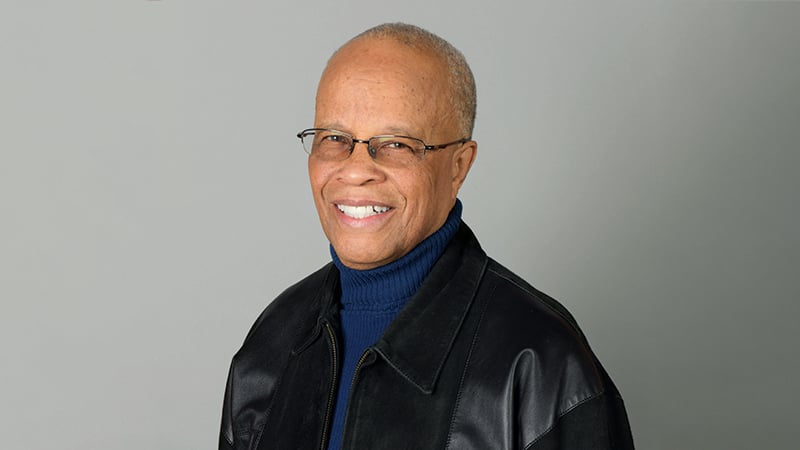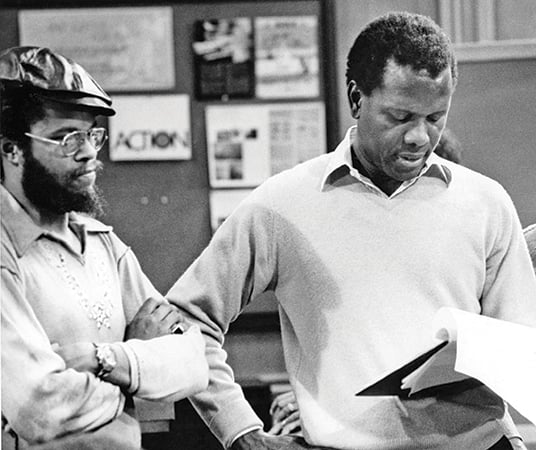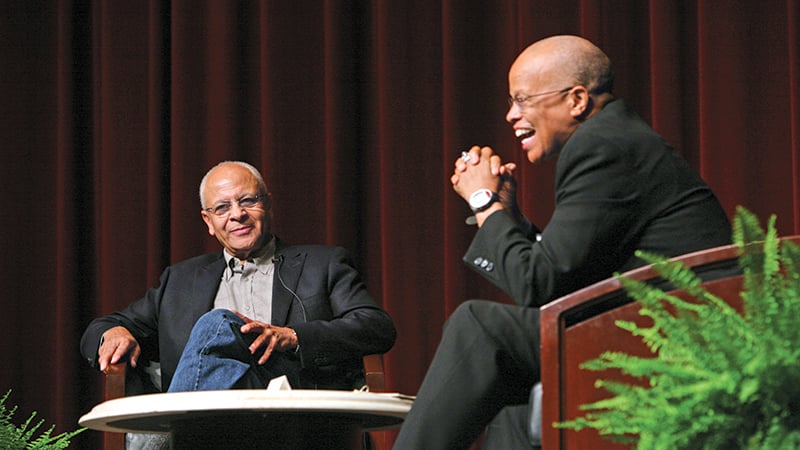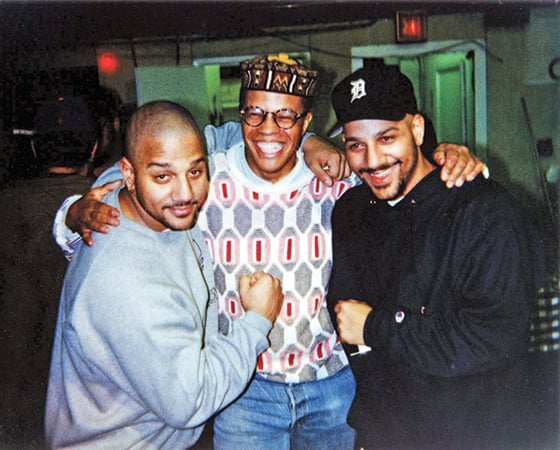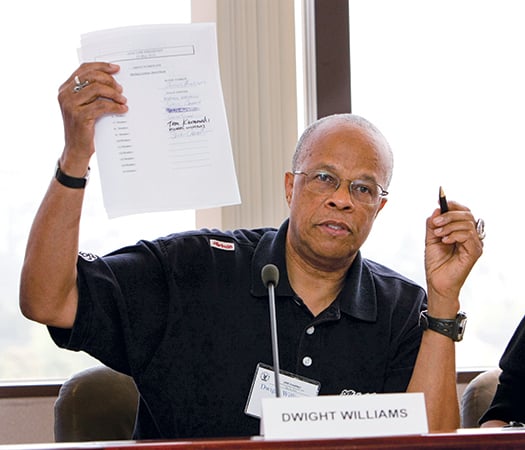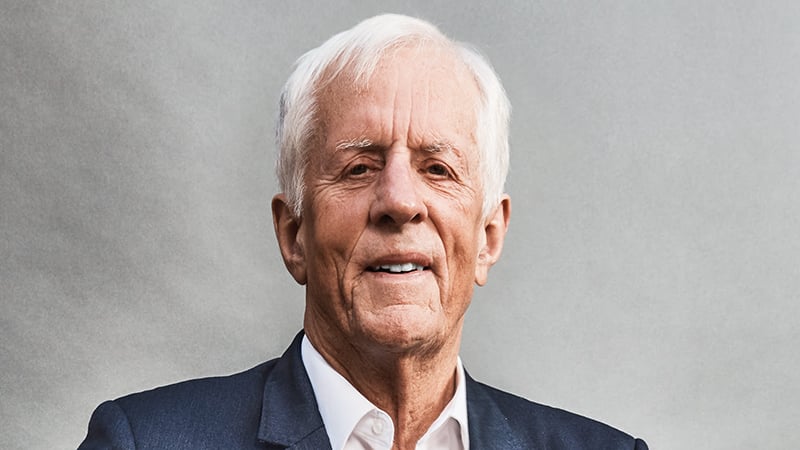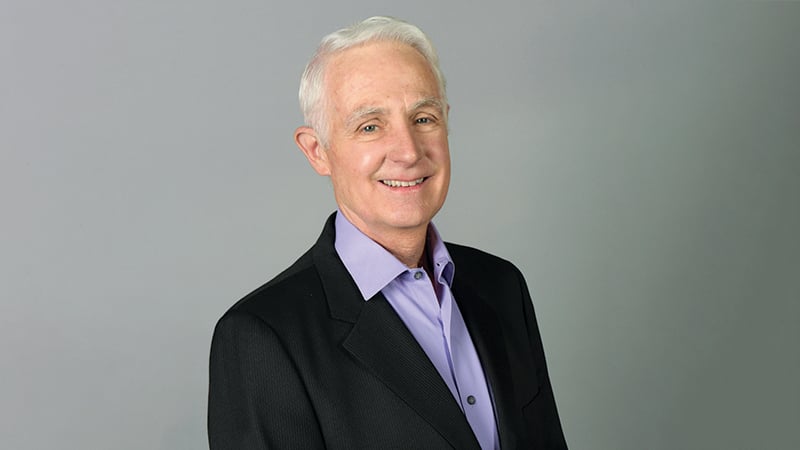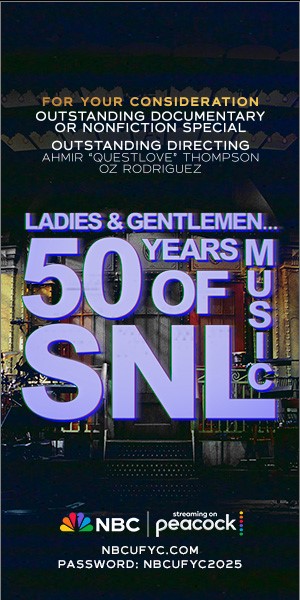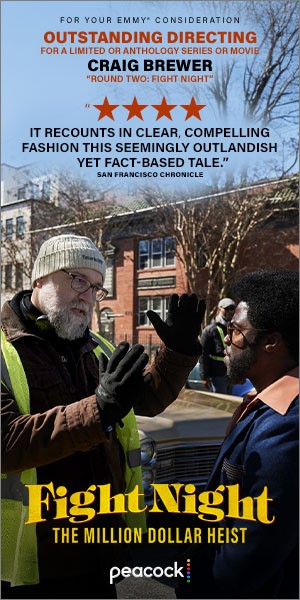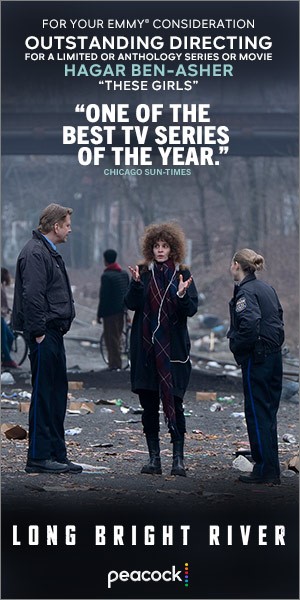UPM Dwight Williams will become the 32nd recipient of the Frank Capra Achievement Award, which will be presented at the DGA Awards ceremony on February 3, 2018. The Capra Award is given to an Assistant Director or Unit Production Manager in recognition of their career and service to the industry and the DGA.
See video of Dwight Williams' speech below.
A DGA member for nearly 50 years, Williams’s dedication to a life of service and integrity goes back even farther. As a young man from Philadelphia, he was active in civil rights and fair housing campaigns in the North, then took two years off from college to work in the South doing voter registration and community organizing with the Student Nonviolent Coordinating Committee. After being arrested at a protest against the Vietnam War, he found himself incarcerated in Atlanta, Georgia. Facing a three-month sentence; Williams began to seriously contemplate his future.
“I was part of that generation that wasn’t so much about ‘me’ but about ‘us.’ While sitting there in jail, I thought about the things I wanted to do and what I didn’t want to do with my life,” Williams recalls. “When we were working in the South, we’d create comic books and flyers to teach about government, and sometimes we showed films to motivate people. I realized that film was the perfect vehicle to reach people and change their reality and from that, the world. So I decided I wanted to learn how to make them.”
Fortunately, for Williams, their lawyers sued the jail for being segregated and instead of letting the case go forward to the courts, the charges were dismissed. He later returned to college where he studied radio television and film at Temple University. It was there that he had his first brush with the Guild after hearing about the DGA Assistant Directors Training Program.
“It was 1969 and I had never heard of the Program before. I was going to try to work in a camera store or film laboratory to break into the business. The Training Program opened up a whole new world for me. I ended up working on movies with great directors and powerful stories like Alan J. Pakula’s Klute and William Friedkin’s The French Connection. And I was so desperate to learn everything about filmmaking that I would come in early and stay late to glean everything I could.”
Once he graduated the program and became a member of the Guild in 1971, Williams started to became more involved. On the advice of 1991 Aldrich Award recipient Milt Felsen, Williams started serving on various committees in New York and quickly realizing the advantages of doing so. “You would not only make a contribution but you’d also meet people you wanted to work with. In those days there was only one 2nd AD on a project and we worked some horrendous hours. We started pushing for a way to improve working conditions and eventually the DGA negotiated contract terms favorable to the hiring of two 2nd ADs on shows.”
Another reason he was proud to be a member was because during his student activist days Williams had noticed that many unions had supported people standing up for their legal and civil rights. “I always felt that unions were a natural ally to try to help change things.” As a DGA member, he was excited that he could contribute. Williams served consecutive terms on the Eastern AD/UPM Council from 1972-78, and again from 1985-87. Following a move to the West Coast, he served consecutive terms as an alternate on the Western AD/UPM Council from 2008 to the present. Williams also served for eleven years on the Western UPM Committee, spending six of them as co-chair. He is also an active participant on the Guild’s African American Steering Committee.
Although his Guild service could stand as its own resume, Williams still made his presence felt in the industry, moving from Second Assistant Director, to First, to UPM and ultimately Executive Producer. His work includes such films as Sidney Poitier’s A Piece of the Action, Craig Brewer’s Hustle and Flow, Norman Jewison’s A Soldier’s Story, John Avildsen’s Lean On Me, Mario Van Peebles’ New Jack City; and several projects such as the movies for television I Know Why the Caged Bird Sings and Judge Horton and the Scottsboro Boys and the series Evergreen with Director Fielder Cook whom he cites as a mentor. “Fielder was really instrumental in my career. He was this sort of Southern aristocratic gentleman and here I was this political activist from the North. We worked together all over the world with me as his 1st AD.
However, of all the jewels in his professional crown, one that gleams brightest for Williams is his work with Director John Singleton on the feature Baby Boy. “John and I put that movie together. What I liked about it was it was just him and me against the world. John wanted to drill down on the issue of troubled young men, but do in an entertaining and thoughtful way. Baby Boy was so detailed that it was almost like an sociological study of our community. I loved that collaboration because it gave me a chance to show what I could do.”
Asked why he was so drawn to service, Williams muses, “I like to think I’m the kind of person that Dr. Martin Luther King, Jr. called a ‘foot soldier for justice.’ The DGA is an organization that is trying to do well for its members so I want to try to be as supportive as I can and draw others into it through my work on the African American Steering Committee, the UPM Committee and just attending functions. I just try to be a sort of a unifying force within the Guild to help people get as much out of the organization and participate as much as they can.”
He follows that philosophy when dispensing advice to younger members coming up in the business. “I tell them to attend as many meetings as they can and take advantage of the numerous educational opportunities we have such as the technology seminars and events like Digital Day. The industry is constantly changing. There was a silent era, then the sound era, then the color era. Now there’s streaming and new media. If you’re not always on top of your game about the technologies, you’re yesterday’s news. It will help make you the kind of people others want on their team in order to make the best movies.”
While nearly five decades as a member of the Guild augmented by a long list of DGA service and professional accomplishments make Williams seem like a natural choice for the Capra Award, when asked how he feels about the honor, one can almost hear echoes of the social activist kid from 50 years ago in his response.
“I’m really humbled by it. I’m glad people recognize that I tried to make a contribution and do the best I can for our guild. At a time when forces within this great nation are ramping up the gargoyles of fear, hatred and despair to seize power and distract working Americans from the economic forces and technologies that are the real sources of societal transformation, I look around at the DGA and feel blessed to be a working member. So many people in this country now are attacking people working together collectively for their self-benefit. We’re almost like an endangered species. I hope our members realize how fortunate we are to have an organization with such a strong progressive leadership, great health and pension benefits and an outlook that’s data driven and forward looking. When people look at us at the DGA, I hope they see folks who are working together for all of us, instead of just themselves.”
-portrait by Elisa Haber
Williams accepts Frank Capra Achievement Award
Past recipients of the Frank Capra Achievement Award:
|
|
